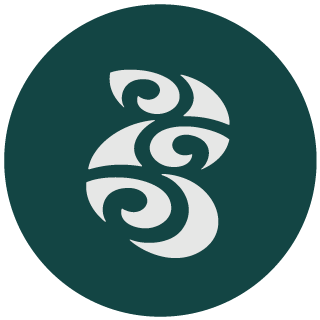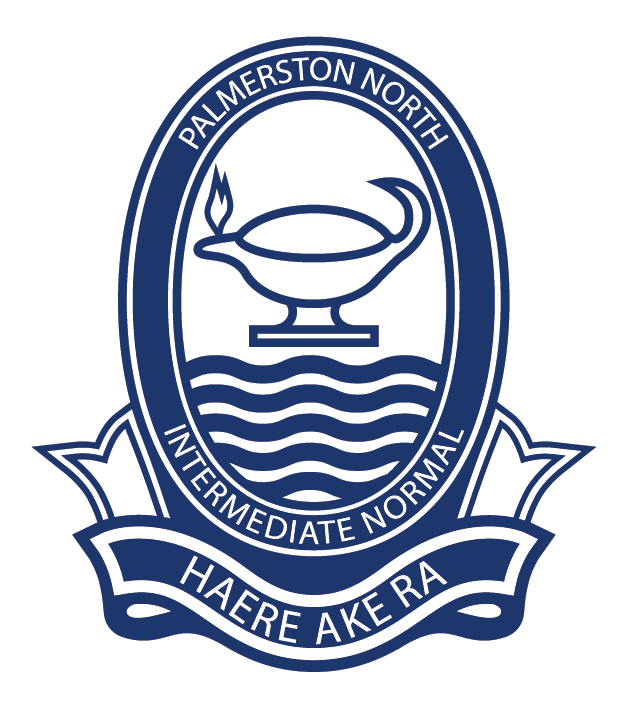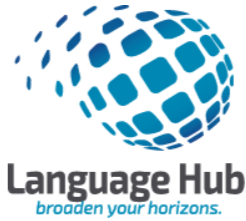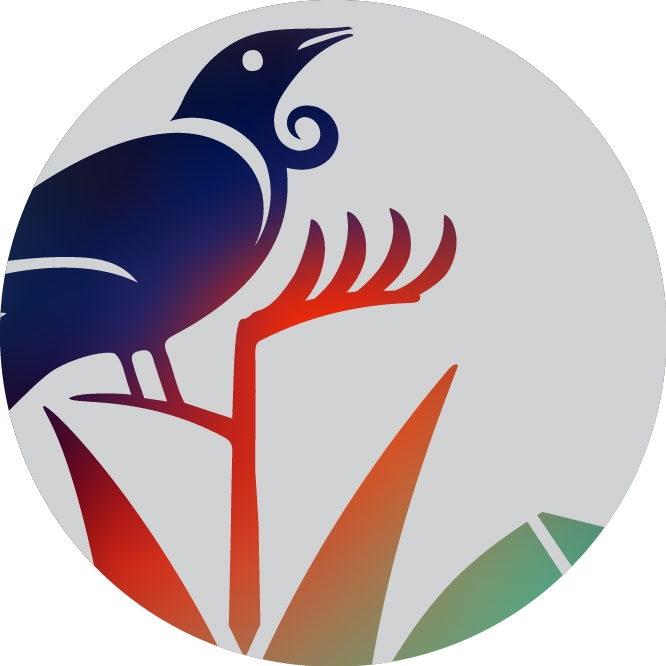Learning Japanese gives ?konga the chance to communicate in a different language, and to gain an appreciation of a fascinating culture. ?konga develops their speaking and listening skills, as well as reading and using the unique kanji writing system, which can be a rewarding and enjoyable.

Learning Japanese gives ?konga the chance to communicate in a different language, and to gain an appreciation of a fascinating culture. ?konga develops their speaking and listening skills, as well as reading and using the unique kanji writing system, which can be a rewarding and enjoyable experience.
?konga will find the knowledge of Japanese very helpful if they are planning on travelling to Japan or hosting Japanese visitors.
What Is Japanese
Learning Japanese gives ?konga the chance to communicate in a different language, and to gain an appreciation of a fascinating culture. ?konga develop their speaking and listening skills, as well as reading and using the unique kanji writing system, which can be a rewarding and enjoyable experience.
?konga will find the knowledge of Japanese very helpful if they are planning on travelling to Japan or hosting Japanese visitors.
What This Course Involves
This introductory course has two parts. Part one covers Curriculum Levels 1–3, and part two covers Curriculum Levels 4–5. Throughout the course, ?konga develops speaking, listening, reading, and writing skills. This includes learning to read and write Japanese script. An integral part of the course is learning about Japanese culture and gaining an intercultural understanding.
In part one, ?konga learns how to introduce themselves, greet others, count, communicate while shopping and eating out, and describe their family, daily routine, hobbies, and interests. Hiragana script is covered as well as some katakana script. ?konga needs to have completed part one (or equivalent previous study) before beginning part two.
In part two of the course, ?konga learn colors and how to describe appearances, events, travel plans and holidays and their home and surroundings. Katakana script is completed and some kanji are introduced. ?konga also develops Japanese typing skills.
Te Kura is a state-funded distance education provider that offers a wide range of personalised learning programmes and courses, from early childhood to NCEA Level 3, which are mostly delivered online.
Students can enrol for a few credits in a specific course or for a full-time programme. Students of all ages are welcome, as long as they meet our eligibility criteria.
As New Zealand's largest state school, Te Kura offers a wide range of subjects and courses. We have regional offices in Wellington, Auckland, Hamilton and Christchurch.
Our staff also work in communities where there are clusters of Te Kura students, such as Whangarei, Hastings and Nelson. This helps us to work with communities to support students’ learning.
At Te Kura, we tailor your learning programme to fit your needs, so you can learn your way. Where do you want to study today.
The choice is yours. We encourage Students to take control of their learning and work out what best suits them. Our teachers are able to work closely with you one-to-one, and assess how you’re doing as you go, adapting your learning material accordingly.
Free For Eligible Students Aged 19 And Under
Enrolment with Te Kura is free if you meet the Ministry of Education’s eligibility criteria. Young adults aged 16 to 19 (and not turning 20 in the year of enrolment) who are not enrolled at another school full-time can enrol with us for free too. Our courses are also available for a small fee to adults aged 20 and over.
Students who are at a face-to-face school can study courses that aren’t available at their own school. Some eligibility criteria apply.
Curriculum
Our early childhood programme follows the national early childhood curriculum, Te Whāriki, while our Year 1–13 programme is based on the New Zealand Curriculum. At Years 11–13 we offer registered, accredited and approved courses in many subjects and at all levels of NCEA.
Personalised Support
You are supported through:
If you are a full-time or early childhood student, you’re also required to have a nominated supervisor to help you keep on track. This is usually a parent or close relative.
Contact With Students And Teachers
Although Te Kura is a distance school, you won’t feel alone. You will get the opportunity to interact with other students at event days, subject days and advisories. You’ll also share and exchange ideas with your teachers and fellow students through discussions on My Te Kura, our online learning environment.
Our teachers will stay in close contact with you, including ongoing face-to-face meetings if you need it.

Japanese course is offered by Palmerston North Intermediate Normal School. Our courses are taught by highly qualified and experienced teacher who are extremely dedicated to ensuring you leave with all the necessary skills to broaden your horizons and never be lost for words again.

Japanese is the language that will take you to more places in life, your studies, and your career. Likewise, it will enrich your personal life as much as your travel. Experiences through immersion learning, so you will get maximum exposure to your target language.

Our Introductory Japanese 101 course begins with a focus on learning hiragana and katakana scripts, writing and reading practice, and includes basic introductory grammar, vocabulary and conversation.Basic everyday vocabulary and expressions will be taught, always with a view to empowering learn...

We offer GROW programmes, immersion opportunities, as well as the Japanese National Language Adviser who can work with your school to help strengthen the teaching of Japanese. We also have close relationships with the New Zealand Association of Japanese Language.

An introduction to Japanese greetings, letters and culture will be covered. This is an ideal course for the absolute beginner who wants to start learning casual Japanese sentences and conversation. A great skill for business, or just for personal interest or travel.
© 2025 coursetakers.com All Rights Reserved. Terms and Conditions of use | Privacy Policy